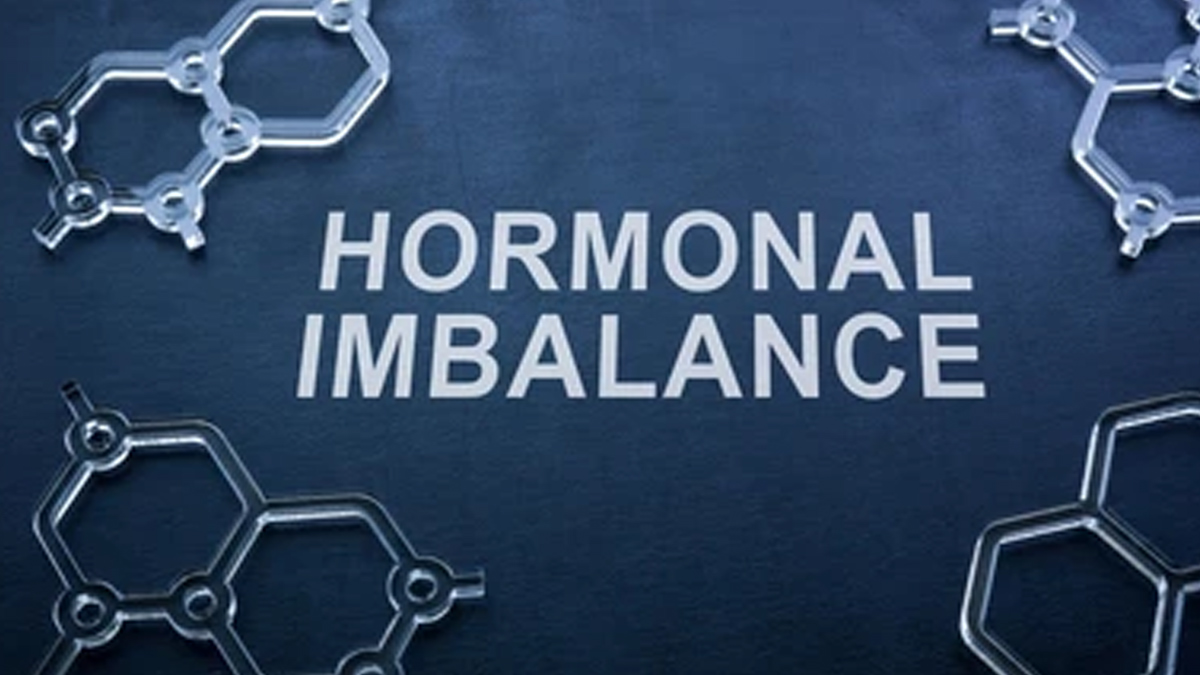
Modern life is convenient, but it comes at a cost we are only beginning to understand. Numerous common household items, such as plastic containers, personal care products, cleaning agents, and even thermal paper receipts, contain synthetic chemicals that could pose serious risks to our health and reproductive well-being.
Table of Content:-
We spoke to Dr Sakshi Goel Chakraborty, Senior Consultant - Obstetrician and Gynaecologist, Madhukar Rainbow Children's Hospital, New Delhi, who shed light on the increasing health concerns tied to exposure to common household products.
A 2024 report indicates that although exposure to harmful chemicals in individual products could be within safe threshold levels, combined exposure from a series of products can lead to significant health and environmental hazards. About two-thirds of Europeans are concerned about exposure to dangerous chemicals in consumer products. However, less than half think they have been informed enough.
Endocrine-Disrupting Chemicals (EDCs): What Are They?

"Most of them belong to a group called Endocrine-Disrupting Chemicals (EDCs). They disrupt the body's hormone system, often mimicking or blocking critical hormones like oestrogen and testosterone," said Dr Chakraborty. Mounting evidence links EDCs to a range of reproductive problems, including reduced sperm counts, hormonal imbalances, irregular menstrual cycles, and difficulties conceiving.
According to a 2023 study, EDCs can disrupt the production and functions of androgens, the male sex hormones essential for the growth and upkeep of the male reproductive system.
A 2017 study showed that exposure to chemicals, especially during critical developmental stages, such as pregnancy, can lead to various health problems that can last a person's lifetime and even be transmitted to generations to come. Chemicals exposed during pregnancy can pass through the placenta and build up in the developing foetus. The implication is that future generations are born 'pre-polluted' due to these exposures before conception and at birth.
Also Read: Farmers At Risk: Expert Explains The Link Between Pesticides And Parkinson's Disease
Where Are These Chemicals Found?
- Bisphenol A (BPA): Used in plastic bottles, food packaging, and can linings. BPA leaches into food and drinks, particularly when containers are heated.
- Phthalates: Added to soften plastics and present in most scented products, such as perfumes, shampoos, and children's toys. Phthalates decrease sperm quality in men and hormonal imbalances in women.
Beyond Fertility: Long-Term Health Risks
But the impact isn’t limited to fertility. According to Dr Chakraborty, prolonged exposure has been associated with:

- Obesity
- Metabolic disorders
- Thyroid issues
- Developmental delays
- Certain cancers
"Infants and children are particularly at risk, as their developing systems are more sensitive to even small amounts of these toxic substances," explained Dr Chakraborty.
Outdated Regulations and Inconsistent Protections
You may think such dangers are tightly controlled, but unfortunately, that is not always so. "Harmful chemicals are regulated differently by countries, and many laws haven’t kept pace with new scientific findings. Even if some chemicals are prohibited, their substitutes are not tested appropriately before they arrive on the market," said Dr Chakraborty.
Also Read: Toxic Mattress Chemicals Linked To Cancer And Brain Damage: Here Are Some Safer Options
Tips To Avoid Chemical Exposure

- Store food in glass or stainless-steel containers.
- Do not microwave food in plastic containers, even if it is microwave-safe.
- Opt for unscented, paraben-free, and phthalate-free personal care items.
- Read labels carefully and select products with fewer things in the ingredients list.
- Refuse printed receipts wherever possible.
- On a broader scale, a demand for more rigorous chemical safety legislation and more openness from industry is required.
Bottomline
Dr Chakraborty concluded, "As a physician, I believe we must bring more attention to these unseen threats. Preserving our health and capacity to produce future generations requires immediate joint consciousness and action. By cutting our exposure now, we ensure a healthier tomorrow."
[Disclaimer: This article contains information provided by an expert and is for informational purposes only. Hence, we advise you to consult your professional if you are dealing with any health issue to avoid complications.]
Also watch this video
How we keep this article up to date:
We work with experts and keep a close eye on the latest in health and wellness. Whenever there is a new research or helpful information, we update our articles with accurate and useful advice.
Current Version